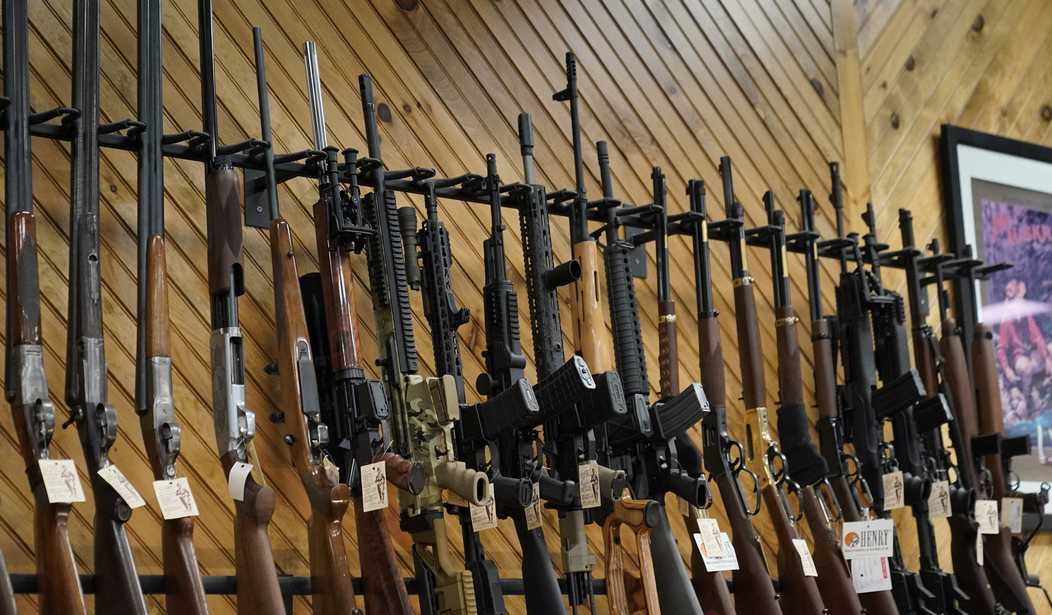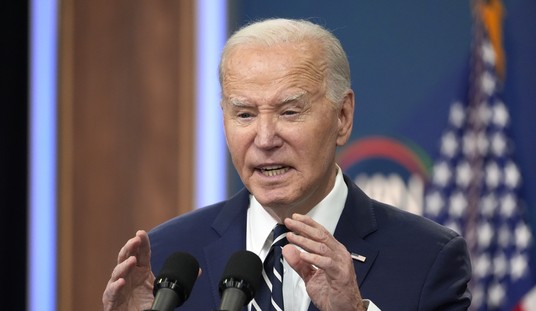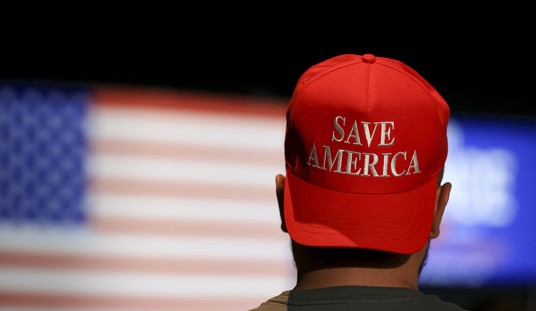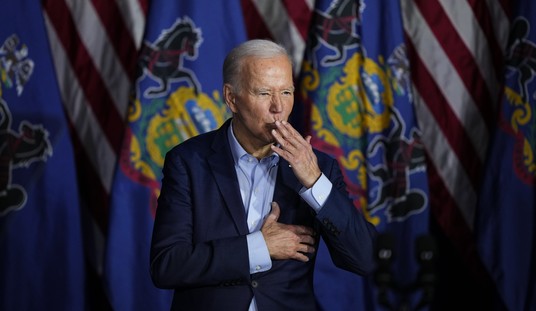Of all the silly anti-gunner arguments in all the silly op-eds related to all the conversations on gun violence, I had to run into this one. However, I will give the author credit for creativity.
In response to the tragic shooting deaths of four police officers in North Carolina, author Jason W. Park wrote a piece arguing for an interesting form of gun control. His solution would involve subjecting those seeking to purchase firearms to a psychiatric test meant to determine whether they might be likely to have homicidal tendencies.
The author began building his case by identifying various aspects of the murder of the police officers.
How can we prevent another incident like this from happening? In my research on mass shootings, I identify three facilitators of them: 1) homicidal mental illness, 2) felony possession of firearms and 3) absent law enforcement.
In the Charlotte shooting, the suspect had a homicidal hatred of the police, making him mentally unbalanced. He also illegally possessed an AR-15 rifle, which means he was an armed felon. And although the police had him cornered, the suspect was a fugitive from justice and had evaded the police previously.
So, we know there is a problem. But can we put the genie back in the bottle? After all, we cannot force a mentally ill person to take medication and do therapy. We cannot trust a gun-toting felon to follow the law. And we cannot expect law enforcement to be everywhere, all the time.
It almost sounds like he’s making a case for gun ownership, does it not? However, it doesn’t take long for him to get to the punchline. He argues that this “is where the Sheehan Homicidality Tracke Scale (S-HTS) can help.” He describes it as “a 16-question test that detects homicidal tendencies in the test-taker” and contends that if it was administered in a gun store, it would prevent other such tragedies.
Properly administered at a gun dealership, the S-HTS would (1) fail the homicidal mentally ill, (2) prevent them from being armed and (3) serve as a proxy for law enforcement.
But it gets even better. He goes on to highlight the objections many would have to such a measure.
Some would ask what is wrong with what we have. Form 4473 is not a proper psychometric instrument to speak of; people can lie on it without repercussions. And admittedly, the Fix NICS legislation improved the National Instant Criminal Background Check System (NICS). But all it takes is one missing record, and the worst could happen.
Some would say that you can game such a test. But the S-HTS is cleverly devised to thwart cheating. Compare it to data mining and data analysis used by the government to detect welfare fraud before funds are disbursed. Similarly, the S-HTS identifies discrepancies in test-takers’ answers and could be an upfront preventive control.
Some would say that this test is inaccurate. But much work went into making the S-HTS “valid,” in psychometric parlance. Currently, it is the “gold standard” because there are no other homicidality tracker scales out there to compare it with. Hopefully, future scales will improve on the original. But for now, this is the first and the best of its kind.
Some would say that the S-HTS infringes upon their rights. But there is a longstanding prohibition keeping the mentally ill and felons away from guns. Eighteenth-century peace officers were authorized to “lock up the lunatics who are dangerous.” If one is not homicidal, the S-HTS will protect one’s second amendment rights.
Some would say that no one would dare adopt the S-HTS. But take big cities with gun violence problems, who might be interested. If it worked, state governments may adopt it. Then different states may borrow from other states where the test did well in quelling gun violence. And perhaps Congress one day would legislate its federal induction.
On that last point, he’s absolutely right. Cities run by anti-gunner politicians would salivate at the opportunity to force someone to pass a psychiatric test to own firearms.
However, despite Park’s assurances that this test is the “gold standard” that will accurately detect whether someone trying to purchase a firearm plans to commit murder, there are some glaring problems with his arguments.
For starters, there is still the possibility of misdiagnoses and false positives. If these tests cannot be 100 percent accurate at predicting homicidal behavior, the debate is over. It does not justify violating people’s rights to keep and bear arms. It is equivalent to the movie “The Minority Report,” in which police preemptively arrest people before they can commit a crime.
Next, we have concerns over privacy and ethics. A mandatory psychiatric evaluation for gun ownership raises significant privacy and ethical issues. Forcing people to undergo such tests in order to exercise their Second Amendment rights is a horrible invasion of personal privacy. It could even deter people from seeking mental health treatment because of fears of stigmatization or the possible misuse of their personal health information.
Lastly, Park’s solution misses the entire point. He wrote the piece in response to the North Carolina incident, which involved a perpetrator who obtained his firearm illegally. The author’s idea targets those purchasing firearms legally. This means that his idea would not have prevented this individual from carrying out his horrific crime. Instead, it would only punish law-abiding Americans.
This sounds pretty familiar, right? It’s similar to the type of “solutions” anti-gunners push when they are exploiting those who lose their lives in mass shootings. They propose all kinds of laws that would never have prevented the atrocity in the first place. Park’s idea, while a bit more innovative, is no exception.













Join the conversation as a VIP Member